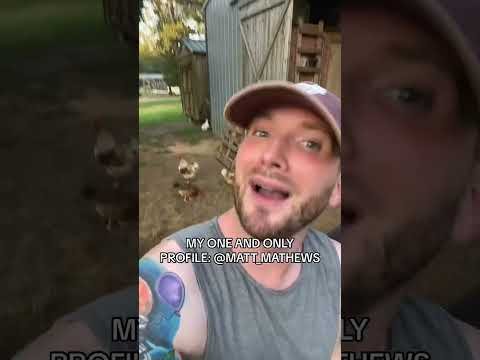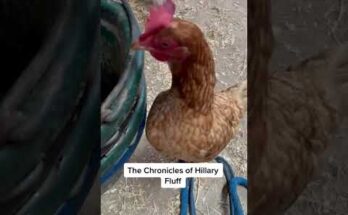TikTok Farmers: Fake Profiles and Viral Farm Chores?
In the endless scroll of TikTok, where dances, recipes, and comedy skits dominate, a surprising genre has emerged: farming content. Videos of feeding cows, harvesting crops, or cleaning barns rack up millions of views. They’re framed as “authentic rural life,” offering urban audiences a glimpse into hard work under the open sky. But behind the hay bales and tractor rides, a question nags at many viewers—are some of these TikTok farmers faking it?
The Rise of FarmTok
TikTok’s algorithm rewards niche communities, and “FarmTok” has quickly become one of them. Some accounts showcase dawn-to-dusk labor, while others highlight heartwarming animal stories or ASMR-style planting. For viewers, this rustic content feels refreshing compared to polished lifestyle influencers.
But the appeal isn’t just about agriculture. Farming clips also tap into nostalgia and a craving for simplicity in a fast-paced digital world. City dwellers who may never touch a tractor can vicariously enjoy the idea of fresh air, muddy boots, and wholesome chores.
When Farming Becomes a Performance
Like any online trend, farming content is vulnerable to exaggeration—or outright fabrication. Certain creators have been accused of “cosplaying” as farmers: renting land or borrowing animals just long enough to shoot a video. Others allegedly stage labor-intensive chores for entertainment value, repeating tasks that real farmers would never waste time on.
For instance, a clip of someone repeatedly filling and spilling feed buckets may look like rugged hard work, but an experienced farmer knows it’s inefficient—and purely for the camera. Critics argue that these performances misrepresent agriculture and exploit viewers’ fascination with rural life.
Viral Value Over Authenticity
Why would anyone fake farm chores? The answer lies in TikTok’s reward system. Viral videos translate into followers, sponsorships, and sometimes direct income. Showing yourself struggling with hay bales or shoveling manure can appear both relatable and admirable, increasing audience engagement.
Real farmers, meanwhile, point out that authentic agricultural work is far less glamorous. It involves paperwork, machinery upkeep, unpredictable weather, and long-term financial risks—topics unlikely to go viral. By contrast, TikTok favors quick, visually satisfying clips, encouraging creators to dramatize or oversimplify farming life.
The Blurred Line
Not all questionable farm content is malicious. Some creators live part-time on farms or simply enjoy hobby gardening but present themselves as full-time farmers. Others admit that they dramatize chores for entertainment but still view their content as educational.
This blurred line leaves audiences in a tricky spot. Should viewers expect strict realism from TikTok? Or accept that “FarmTok,” like most online trends, is a blend of truth and performance?
Real Farmers Speak Out
Authentic farmers often take to TikTok to push back. They share videos correcting misconceptions—like how livestock are actually fed, or why certain “viral hacks” would never work on a real farm. These voices are essential, grounding the platform with genuine expertise while still attracting viewers who crave transparency.
The Takeaway
The popularity of farming content on TikTok reveals how hungry audiences are for simplicity, hard work, and connection to nature. But as with any online trend, not everything is as real as it looks. Some accounts showcase genuine agricultural life, while others stage or exaggerate for clicks.
Ultimately, the responsibility falls on viewers: enjoy the entertainment, but take it with a grain of salt. Behind every viral farm chore might be a hardworking farmer—or just someone in borrowed boots chasing views.


